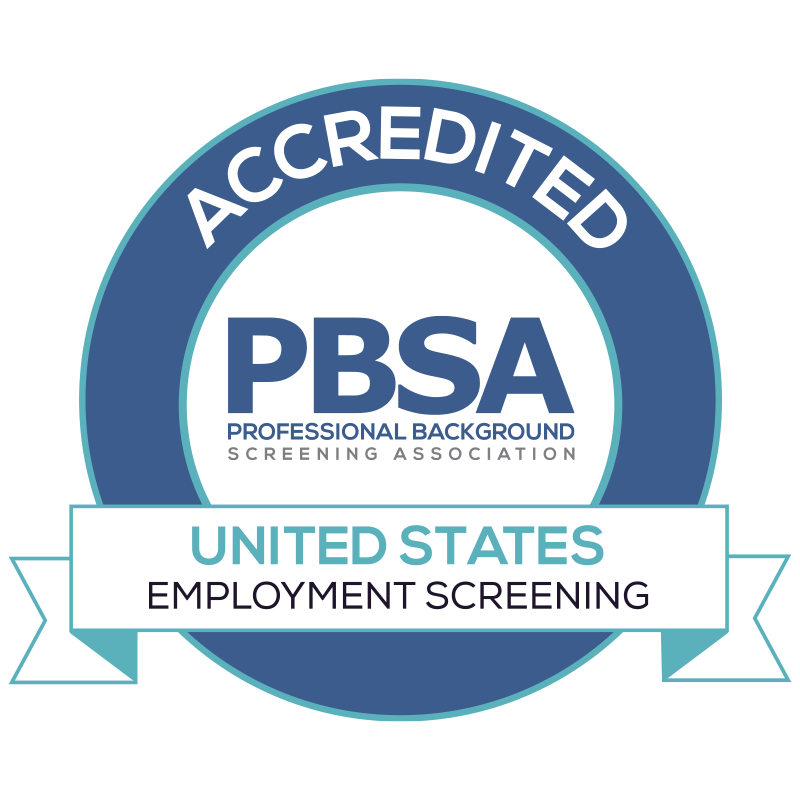When it comes to screening candidates, many employers weigh the pros and cons of social media screening and reference checks. Social media searches help gather additional information about a potential employee, offering a glimpse into their online presence and public behavior. Reference checks verify resume details by contacting former employers or colleagues, providing a structured, confirmed view of a candidate’s work history. This contrast shows how candidates can behave differently inside versus outside the office.
Interesting Fact:
Between 70% and 90% of US employers perform some form of social media screening before they hire a candidate? With more than 80% of the US population on social media this is an excellent way to get to “know” a candidate beyond a resume.
Are you already doing it?
A CareerBuilder survey showed that as many as 70% of all employers use informal social media searching as part of their screening process and more than 50% admitted to finding something that made them pass on hiring a candidate. Doing this in an ad-hoc manner can create legal issues and put your company at risk of violating EEOC protected class information guidelines as well as Fair Credit Reporting Act (FCRA) rules. Your hiring managers could be exposing the entire company to the risk of a potential lawsuit.
What is my legal risk?
You should establish a well-defined, repeatable internal process to ensure every hiring manager follows the same approach. Now ask yourself if doing this internally is worth the risk, or if you should be using a vendor that is an expert in the field. That said, please remember that social media screening is perfectly legal. In 2011, the FTC ruled on social media screening in an opinion letter and confirmed that it is legal, but there are a few caveats to be aware of.
- The most important detail is to only access posts that the candidate made publicly.
- Be sure to have your candidates grant consent. The FCRA requires candidate consent since employers consider this search part of a background check.
- Never request passwords or access to a candidate’s social media accounts. Even accepting a friend request can violate many state’s social media privacy laws.
You and your vendor must follow the three rules above, to ensure legal compliance and utilize the information obtained in these reports.
To those 70% – 90% of employers using social media in their hiring process, there is no need to worry, you are not doing anything wrong. Reviewing publicly posted information about a candidate can help you assess whether they’re the right fit for your organization. You should centralize this function internally and partner with an FCRA-certified provider to reduce risk, stay compliant, and follow EEOC guidelines.







